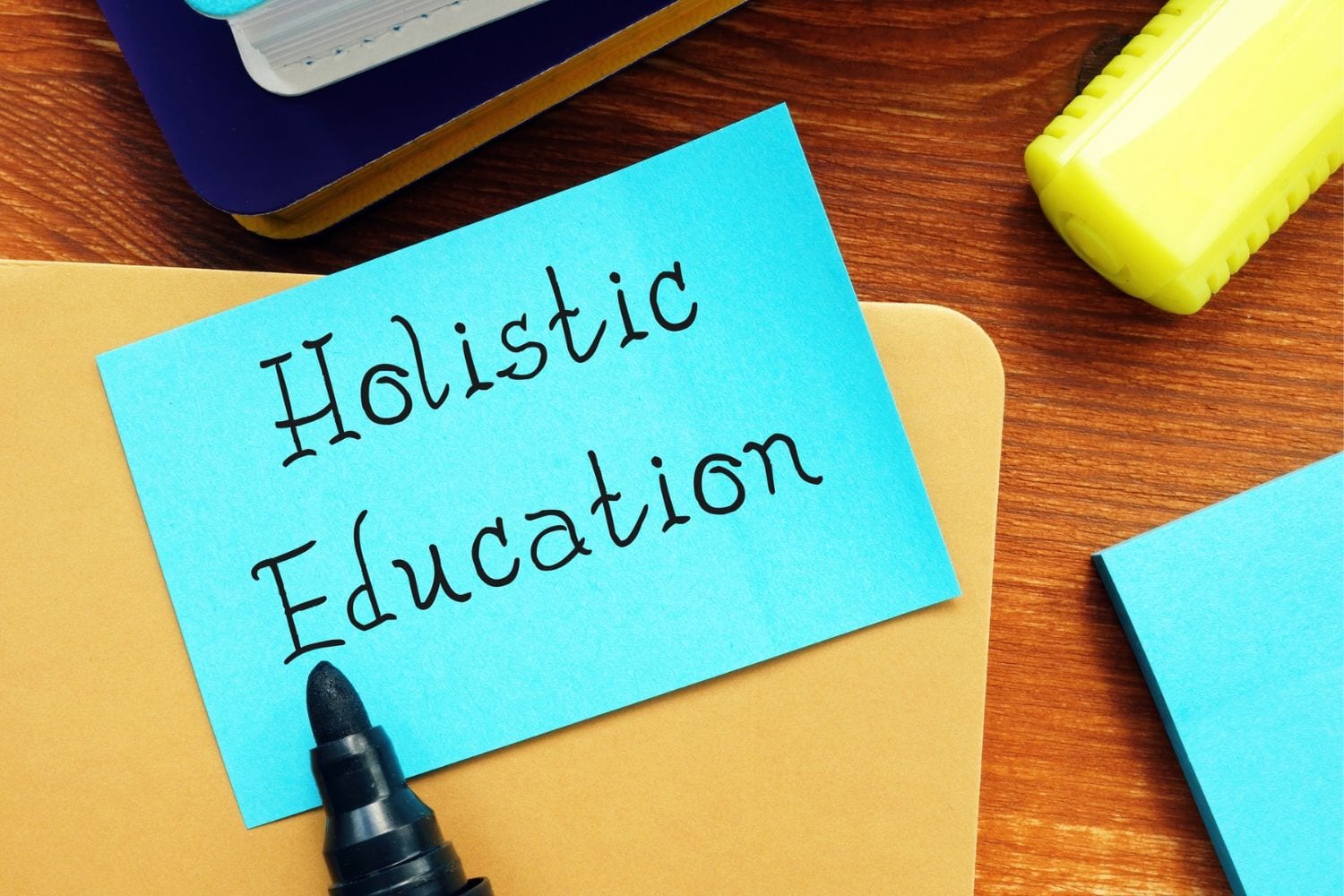Collaborative post
A wider transition to more holistic education has long been advocated by educators as a response to the apparent drawbacks of traditional educational frameworks. Holistic education aims to develop children into well-rounded and fully actualized individuals, de-emphasizing the narrow teaching of skills in favor of comprehensive intellectual, physical, and emotional development. Such an approach may help children develop the resilience they need to navigate the accelerated pace of cultural and technological change they may experience as adults.
In Singapore, the primary proponents of holistic education have been, until recently, the many international schools that cater to the country’s massive expatriate population. Today, however, the mainstream education system also tries to offer a holistic approach to education, thanks largely to the promise that the approach will mold children to be future-ready individuals.
Here are some of the ways that a holistic education may build resilience in children:
Holistic Education Encourages Children to Pursue Their Interests
Some international primary schools in Singapore offer a holistic approach that encourages young children to be self-starters. This is in direct contrast to many traditional educational frameworks that rely on compulsory rote learning that punishes those that fall behind. The idea behind teaching children to be self-motivated is that it may help them develop a sense of purpose and a mindset of actively pursuing knowledge on their own, thus building a firmer foundation for their academic and personal development.
It Fosters Adaptability through Soft Skills
Soft skills such as empathy, critical thinking, communication, active listening, problem-solving, teamwork, and emotional intelligence can help individuals of any age meet a wide variety of professional and personal challenges for the entirety of their lives. While technical skills can be valuable, in many cases they can be rendered obsolete by new technologies or shifting external demand. Thus, the holistic approach to teaching children soft skills may help ensure their future adaptability in the face of any societal change.
It Deepens Children’s Understanding of Different Cultures
It’s no coincidence that holistic educational frameworks tend to emphasize diversity. Early exposure to divergent values, opinions, experiences, and ways of doing things helps children understand and navigate the diversity that they will find in the outside world. Being comfortable in a variety of sociocultural contexts early on can thus help a child develop into a tolerant and adaptable adult later on.
A Holistic Approach Encourages Students to Think of Systems
Where traditional education emphasizes specific knowledge components with minimal regard for context, holistic education instead teaches students the framework in which those knowledge components operate. With a deeper understanding of whole systems, young individuals are better placed to make connections between different bodies of knowledge, permitting better creativity and truly substantive learning.
Holistic Teaching Equips Children with Healthy Ways to Handle Emotional Challenges
Holistic education also cultivates a child’s emotional and mental wellness. In particular, it offers children healthy ways to cope with setbacks, allowing them to quickly readapt and continue in the face of different challenges. In this way, holistic education improves upon older systems that often leave children to fend for themselves or adopt unhealthy coping mechanisms. The inclusion of mental and emotional well-being as priorities may also make it possible for children to develop into adults capable of channeling their feelings positively and constructively.
It Helps Build Children’s Sense of Confidence and Self-Worth
Children with a holistic education are more likely to develop a healthy sense of confidence and faith in their abilities, qualities that have a major impact on their resilience. Confident children are more likely to respond to a crisis with determination rather than self-doubt, which means they may be less likely to give up or allow themselves to be stuck in a rut. Over time, confident children tend to have more success in life, simply because they are more determined to try harder to overcome various obstacles to their success.
Final Words
Resilience is now a key goal of modern educational systems due to challenges presented by rapid changes in culture and technology. Individuals that are unable to keep pace with unpredictable societal shifts inevitably struggle to make sense of the world and find it harder to thrive. The pace of change is such that older educational frameworks that emphasize the teaching of skills and values in isolation are no longer keeping up with the needs of society. As a result, educational policymakers are now advocating a shift towards holistic education approaches that are more often found in international schools.
Schools that practice holistic teaching methods have demonstrated the value of holistic approaches in deepening children’s resilience to adversity. Children who develop good soft skills, an ability to pursue their own goals, cultural empathy, confidence, emotional grounding, and a knack for understanding entire systems are well-placed to succeed academically and grow up to be well-rounded adults. Being so equipped, they will find it less difficult to thrive in tomorrow’s fast-paced world.

